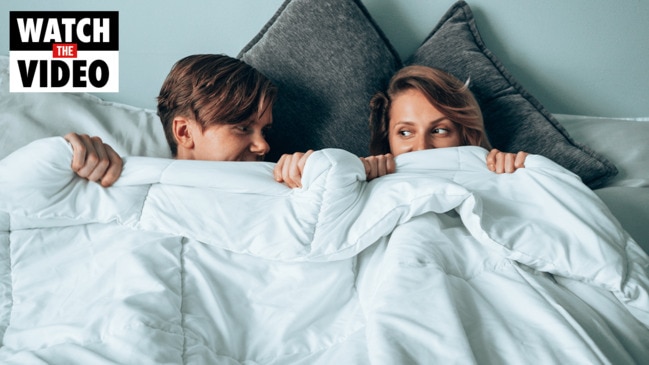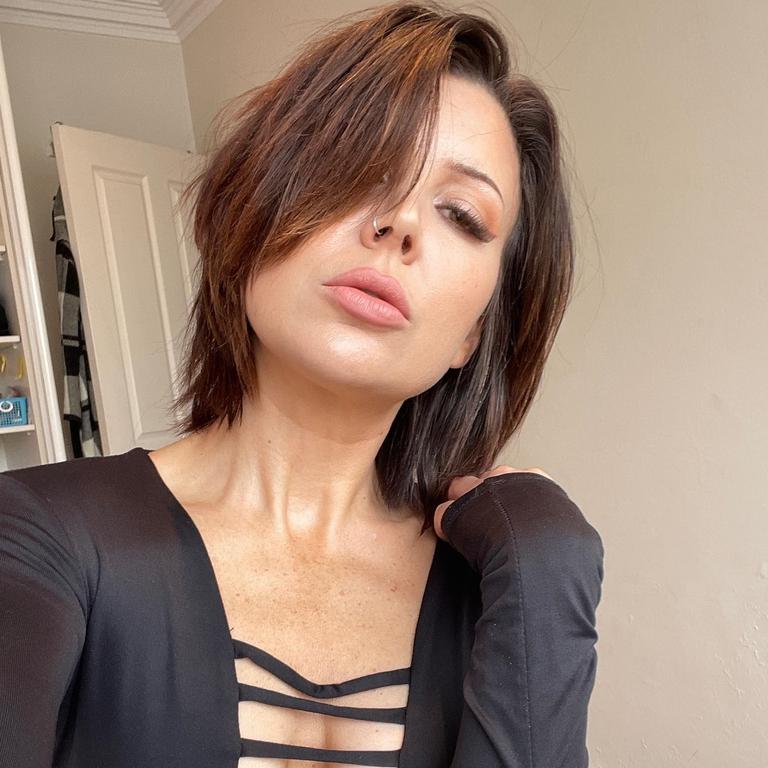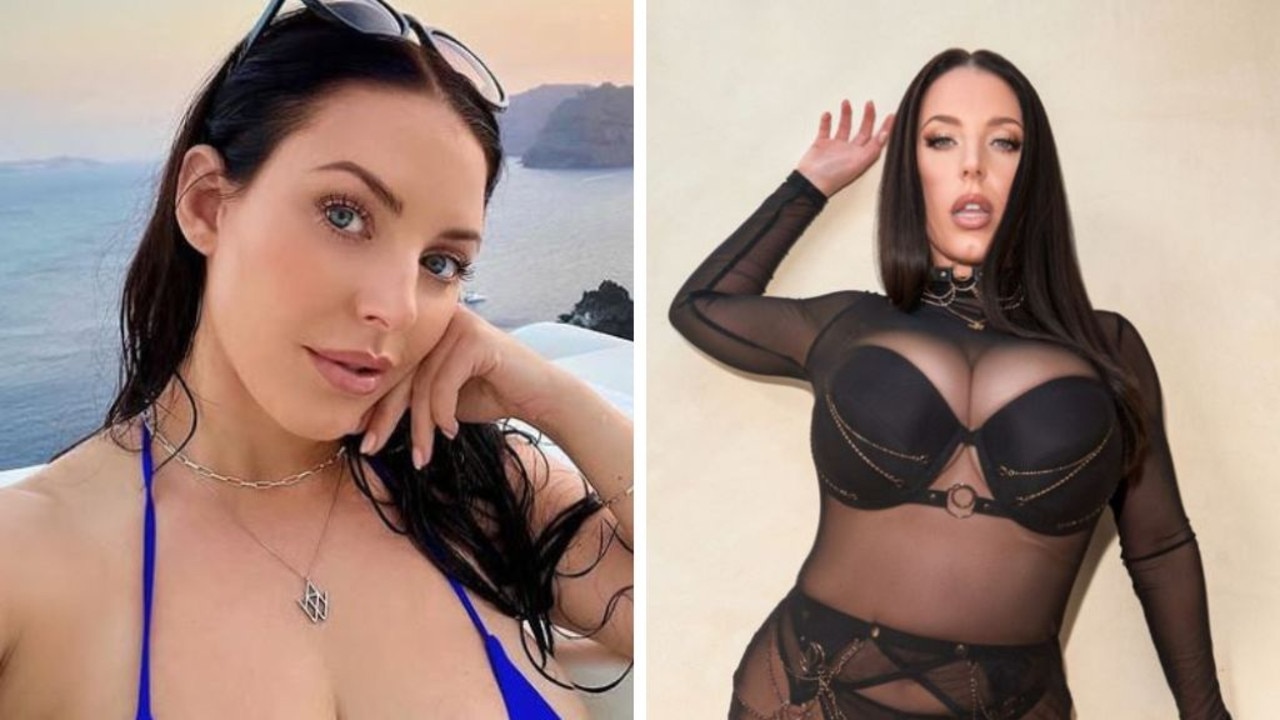Nadia Bokody: Sex question you should never ask your girlfriend
We’ve all asked this question at some point but while it might seem harmless, its origin is rooted in “slut-shaming”, says Nadia Bokody.

A few weeks before I met my girlfriend, I matched with a woman on Hinge and we exchanged numbers.
We made small talk over text, and I mentioned I was a late-bloomer lesbian (a woman who doesn’t come out till later in life, usually after long-term relationships with men), then she asked me a question …
“So, how many women have you been with, then?”
Having written openly about my sex life for many years, I’m not averse to sharing intimate details about myself. Part of the reason I’m so candid in my work is because I’m an advocate for smashing the shame surrounding typically taboo topics.
However, this is one question I generally steer clear of.
Not because I’m embarrassed about the number of people I’ve slept with, but because it’s an inquiry rooted in slut-shaming and homophobia.

When we ask a woman what her sexual number is, what we’re really doing, is seeking to assign her value based off a perceived level of morality. “Good” girls, we’re taught, don’t sleep around – these are the women who get picked as girlfriends and achieve “wife material” status.
Conversely, promiscuous women are regarded as morally corrupt, a standard which rarely carries over to men. (We see this in the popular adage, “A key that opens many locks is a Master Key. But a lock that opens to many keys is a worthless lock.”)
Among LGBTQ+ people, the “body count” (a colloquialism for the number of people a person’s slept with) question carries additional harm; perpetuating the falsehood that sexual identity must be legitimised through sex.
The implicit suggestion being, queerness cannot exist in the absence of queer sexual experience; a line of reasoning which is particularly marginalising to bisexual people who’ve only had opposite gender relationships.
It also creates a kind of lose-lose situation for women: we are damned if we do, and damned if we don’t. Those of us who’ve had few sexual partners are deemed boring and prudish (or not “gay enough” if we’re LGBTQ+), and those of us who’ve had extensive experiences are labelled “loose”, “used up” and lacking in moral judgment.
And slut-shaming culture exists precisely because of this sexual disenfranchisement.
Women with sexual agency ultimately threaten the system that relies on controlling our bodily autonomy and self-image because we’re less likely to view ourselves through the lens of the male gaze.
This means we’re subsequently less susceptible to marketing that tells us we need to buy things (diets, beauty products, cosmetic enhancements) to be more palatable to men and make ourselves smaller for their comfort – physically, sexually, emotionally, and intellectually. Read: “Don’t be too ambitious/too loud/too brash/too bossy/too sexual. Men don’t like that.”
The issue is, slut-shaming culture is just insidious enough that, even those of us who are most harmed by it (women and LGBTQ+ people) help to perpetuate it.

It’s not just men keeping the “body count” ideology alive; women are conditioned to believe it’s somehow relevant, too – as a marker of a potential partner’s character, or a confirmation of their sexuality – when in fact, all it reveals is our inability to fully humanise a woman beyond her perceived sexual currency.
Instead of asking women about their sexual history, we’d do better to show curiosity about the things that make up the interior of their lives and help shape their outlook on the world. We’d learn far more about a date or partner by inquiring about what drives and excites them, scares them, or presents challenges for them.
I never answered my Hinge match’s question that day. Instead, I quietly unmatched them, and deleted their number from my phone. Which, as it turns out, was a very good thing. Because shortly after, I met my now-girlfriend.
Incidentally, neither of us have any idea about what each other’s body counts are, nor do we have plans to discuss it.
Frankly, I don’t care how many “keys” have opened my girlfriend’s “lock”. I already have the password to unlock her Netflix account, and that’s really all that matters to me.
Follow Nadia Bokody on Instagram and YouTube for more sex, relationship and mental health content.






